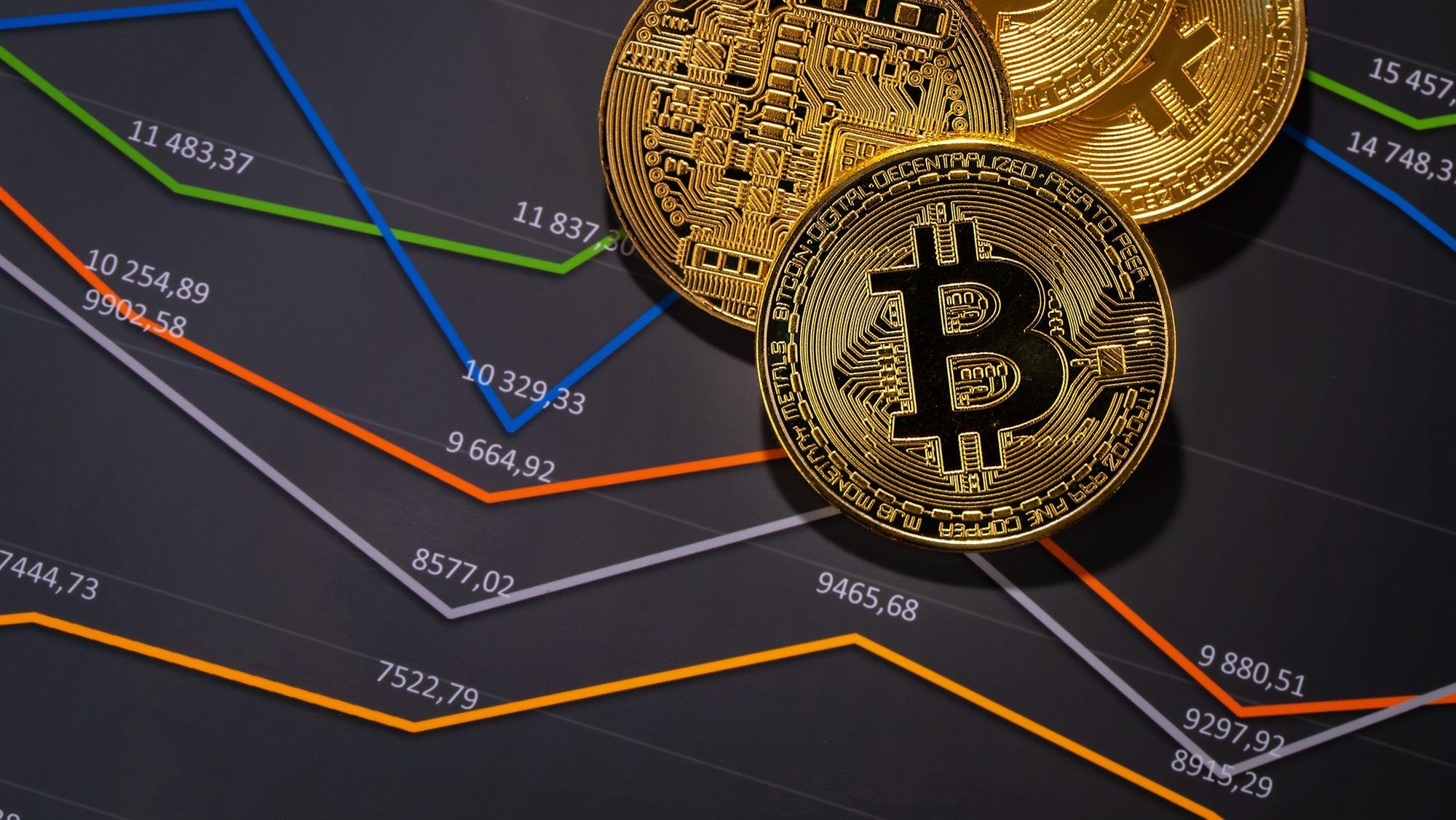Senator Cynthia Lummis boldly suggested that the US buy Bitcoin for national reserves. Senator Lummis U.S. She said this would send a striking message to global rivals like China and Russia, potentially upsetting their economic policies. Lummis’s comments emphasize Bitcoin’s growing role in global financial systems and raise questions about how governments should handle digital currencies.
Bitcoin’s Geopolitical Rise
Bitcoin, formerly considered a fringe asset, has entered mainstream finance. Initially popularized by retail investors, Bitcoin is increasingly popular among institutional investors, corporations, and governments. Its decentralization, limited supply, and censorship resistance make it an attractive inflation and geopolitical instability hedge. Senator Lummis believes Bitcoin’s unique features could benefit the US strategically. By buying Bitcoin, the U.S. may dominate the digital economy and force competing nations to reconsider cryptocurrency adoption.
Bitcoin Strategic Asset
Although not new, Bitcoin in national reserves has garnered attention in recent years. Bitcoin is rarer than gold due to its 21 million coin supply. Bitcoin can be a store of value during economic uncertainty, like gold. Senator Lummis believes Bitcoin might diversify and hedge the U.S. economy. Bitcoin’s decentralization may also give the U.S. an edge in the global financial system, where political power increasingly affects monetary policy and reserve currencies.

Contesting China and Russia
Senator Lummis emphasizes Bitcoin’s geopolitical implications. China and Russia are considering using digital currencies to minimize their dollar dependence. China has advanced its digital yuan to gain financial system control and lessen exposure to Western economic penalties. Lummis believes the U.S. might disrupt these efforts and recover its financial leadership by acquiring Bitcoin. This might drive other states to reassess their plans and spark a global Bitcoin reserve race. The Senator thinks that countries may compete over Bitcoin’s limited supply, creating a new geopolitical conflict.
Risks of Ignoring Bitcoin
Senator Lummis also highlights the risks of ignoring Bitcoin. As digital currencies gain popularity, governments that don’t adapt may suffer. Ignoring Bitcoin might cost economic possibilities and capital to other jurisdictions and impact the global financial system. A big danger is money flight. In countries with economic instability or severe inflation, Bitcoin is becoming a safe haven. If governments don’t recognize Bitcoin’s value and adopt rules to accommodate it, citizens and corporations may utilize it to defend their riches.
Large quantities of capital could leave the country, disrupting the economy. Ignoring Bitcoin risks technological stagnation. Many sectors employ blockchain technology, the foundation of Bitcoin, to improve transparency, security, and efficiency. Countries that adopt this technology may profit economically, while those that don’t risk falling behind in the digital economy.
Potential Bitcoin Allocation Benefits
The U.S. economy may benefit from Bitcoin ownership. Price appreciation is a key benefit. Bitcoin has appreciated significantly since its creation, and many experts expect it to continue. The U.S. might benefit from this price surge by holding Bitcoin in reserves, helping its economy. Bitcoin may help the U.S. diversify its reserves. The majority of national reserves are gold and foreign currencies. Adding Bitcoin to this mix could lessen the risks of relying entirely on traditional assets, especially during economic uncertainty. National reserves of Bitcoin might give the U.S. more influence in international trade and negotiations. Countries with large Bitcoin holdings may affect global financial systems as digital currencies become more popular.
Legal and Regulatory Issues
Obtaining Bitcoin as a national reserve asset has obvious drawbacks. The cryptocurrency regulatory framework is a major issue. Bitcoin’s decentralization and regulations create problems regarding how governments should treat it in national reserves. Volatility also exists. Bitcoin’s wild price swings could threaten national reserves. Governments must carefully manage their Bitcoin holdings to reduce price volatility’s influence on financial stability.
Traditional financial institutions and legislators who are afraid of digital currencies may oppose Bitcoin as a national reserve asset. A comprehensive plan to solve security, regulation, and volatility is needed to convince politicians and the public of Bitcoin allocation’s merits.
Bitcoin in National Reserves Future
Senator Lummis’s unorthodox statement shows a rising awareness of Bitcoin’s potential in the global financial system. As more countries study digital currencies, the U.S. must decide whether to adopt Bitcoin or fall behind in the digital economy. If the U.S. added Bitcoin to its reserves, other governments may follow. This might change how governments see digital assets worldwide and the financial landscape for years. However, allocating Bitcoin requires serious thought. Governments must consider the pros and cons and create a digital asset regulation framework to ensure safe and effective use.
For More: Texas Court Orders Bitcoin Investor to Reveal Private Keys
Conclusion
Senator Lummis’s recommendation that the U.S. buy Bitcoin to fight China and Russia shows the growing importance of digital currencies in global finance. Governments that ignore Bitcoin risk falling behind in the digital economy as it gains broad appeal. By buying Bitcoin, the U.S. could lead the economy, diversify its reserves, and lead financial innovation. Digital asset risks and regulations must be considered before making this step. As the global financial system advances, will the U.S. embrace Bitcoin or allow its rivals to lead in digital assets? Answering this question could impact global finance for decades.




